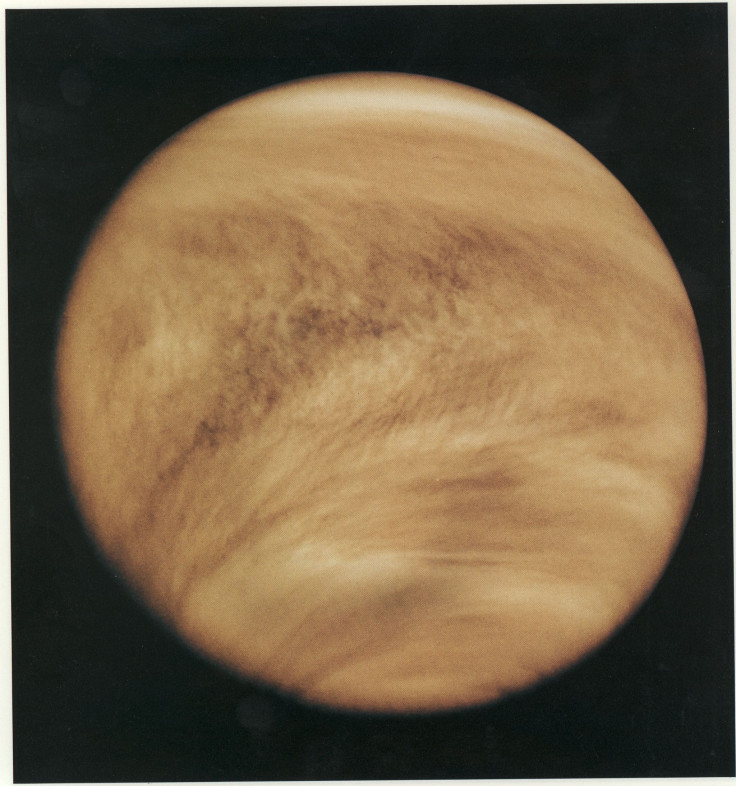Earth Will Become Uninhabitable And End Up Like Hellish Venus, Scientist Warns

An astrophysicist warned that Earth will eventually end up like Venus, which is known for its hellish environment. This will happen once the Sun gets old enough to push Earth out of the habitable zone.
Venus is the second planet from the Sun within the Solar System. It is regarded as one of the most hostile and uninhabitable planets in the galaxy due to its harsh environment.
In an article he wrote for Space.com, astrophysicist Paul Sutter of the Ohio State University noted that Venus’ atmosphere is made up of almost entirely carbon dioxide. The remaining 4% is made up of nitrogen, which is still greater than in the Earth’s atmosphere.
The alien planet also has clouds made of sulfuric acid. Due to their nature, these clouds are highly reflective, which prevent sunlight from reaching the planet’s atmosphere. Despite this, the temperature on Venus is very hot. Reaching temperatures of 700 degrees Fahrenheit, the hot environment of the planet is enough to melt lead.
Sutter noted that Venus ended up this way as the Sun grew older. When the massive star was still very young, Venus was most likely habitable and may have even supported liquid oceans. However, as the Sun became older, it grew brighter. As this happened, the habitable zone surrounding the Sun moved outward.
This left Venus in a region that is too hot to support life. Eventually, the oceans of the planet evaporated and a series of chain reactions occurred and turned the planet into what it is today.
According to Stutter, the current environmental condition of Venus is the future state of Earth. As the Sun gets older and brighter, Earth will eventually get edged out of the habitable zone. Once this happens, Earth’s oceans will dry up and the planet will get too hot and unstable to support life.
“Our Sun isn’t done aging, and as it grows older, it grows brighter, with the habitable zone steadily and inexorable moving outward,” Stutter wrote. “At some point within the next few hundred million years, the Earth itself will approach the inner edge of the habitable zone.”
“Our oceans will evaporate,” he added. “Temperatures will spiral upward. Plate tectonics will shut off. Carbon dioxide will dump into the atmosphere.”
© Copyright IBTimes 2025. All rights reserved.





















